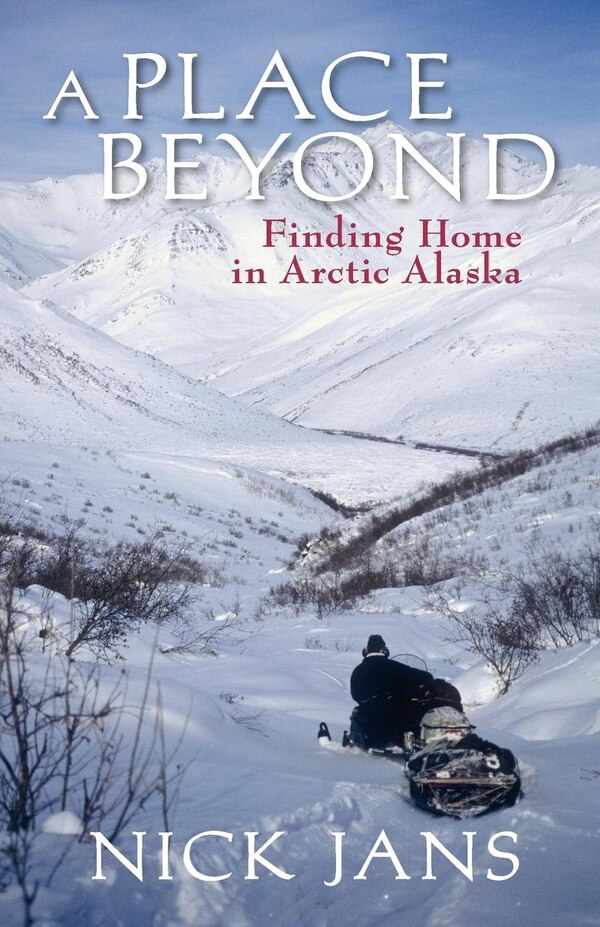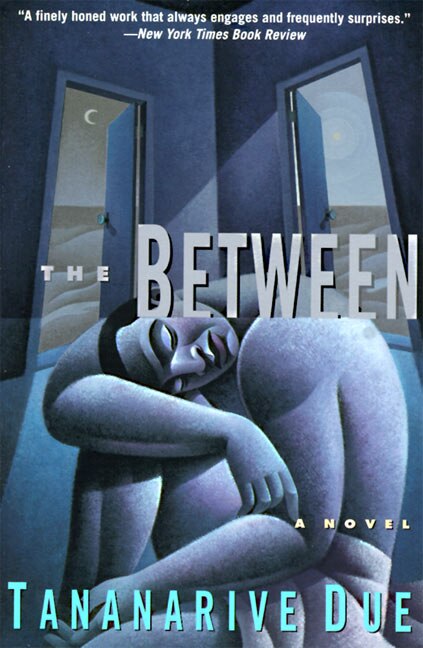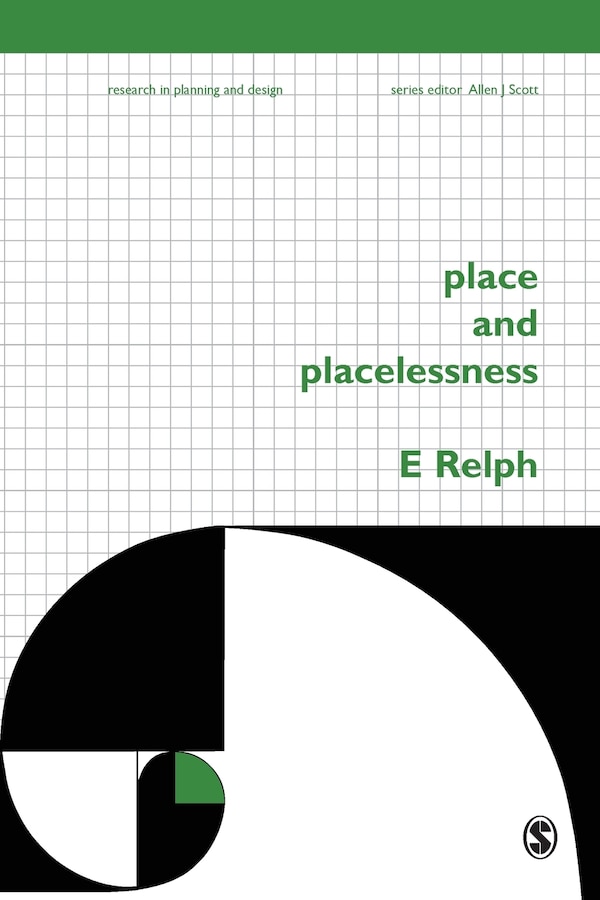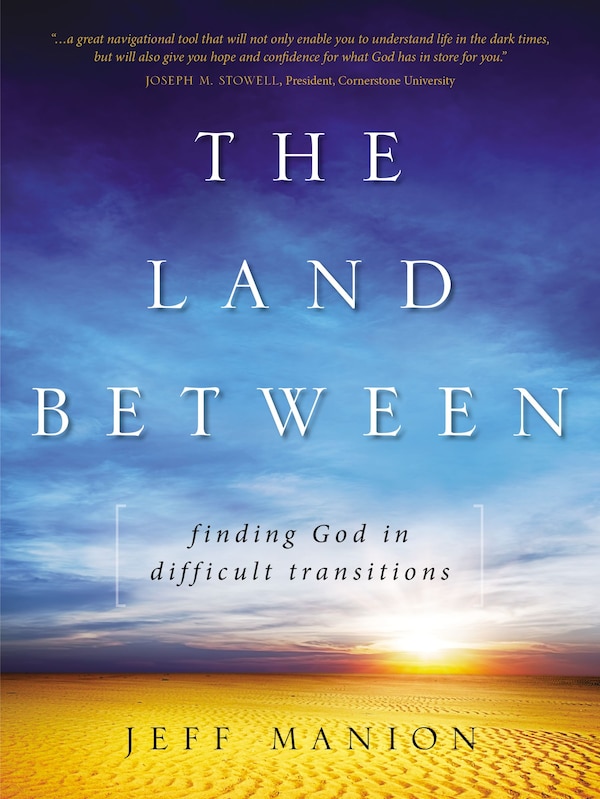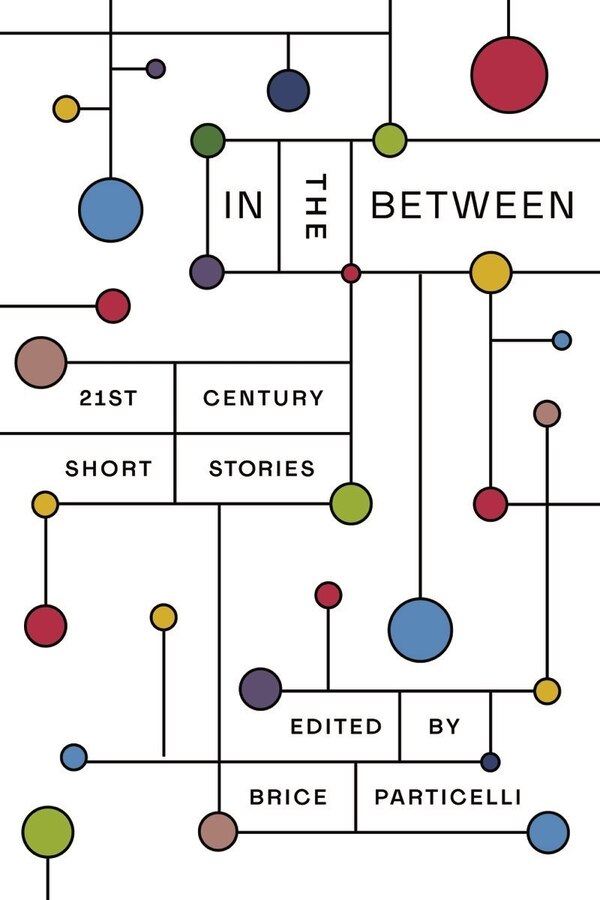Home
The Betweenness of Place, Paperback | Indigo Chapters
Loading Inventory...
Coles
The Betweenness of Place, Paperback | Indigo Chapters
From Johns Hopkins University Press
Current price: $41.95
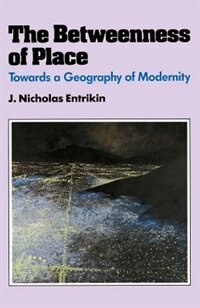

Coles
The Betweenness of Place, Paperback | Indigo Chapters
From Johns Hopkins University Press
Current price: $41.95
Loading Inventory...
Size: 1 x 9 x 350
*Product information may vary - to confirm product availability, pricing, shipping and return information please contact Coles
What makes New York City different from Moscow? Are small towns looking more and more alike? What criteria should we use to distinguish onw place from another? Today, geographers and other social scientists are debating not only the answers to these sorts of questions but even whether or not to ask them at all. This ongoing controversy about how (or whether) to study place and its meaning in modern life forms the focus of J. Nicholas Entrikin's pioneering work. Those who point to a decline in the study of place in geography, Entrikin explains, cite three main causes: the apparent homogenization of world culture; the belief that studying particular places is somehow \"parochial\"; and the tendency of the scientific method to generalize. Entrikin treats each of these in turn, addressing topics that include the Marxist view of a world economy, the moral implications of place (in such notions as community and provincialism), and the empiricist versus neo-Kantian traditions in philosophy. To geographers arguing the merits of hard, scientific data versus subjective experience, Entrikin offers a compromise. \"To understand place,\" he suggests, \"requires that we have access to both an objective and a subjective reality. From the decentered vantage point of the theoretical scientist, place becomes either location or a set of generic relations and loses much of its significance for human action. From the centered viewpoint of the subjective self, place has meaning only in relation to one's own goals and concerns. Place is best viewed from points in-between.\""What makes New York City different from Moscow? Are small towns looking more and more alike? What criteria should we use to distinguish onw place from another? Today, geographers and other social scientists are debating not only the answers to these sorts of questions but even whether or not to ask them at all. This ongoing controversy about how (or whether) to study place and its meaning in modern life forms the focus of J. Nicholas Entrikin's pioneering work. Those who point to a decline in the study of place in geography, Entrikin explains, cite three main causes: the apparent homogenization of world culture; the belief that studying particular places is somehow \"parochial\"; and the tendency of the scientific method to generalize. Entrikin treats each of these in turn, addressing topics that include the Marxist view of a world economy, the moral implications of place (in such notions as community and provincialism), and the empiricist versus neo-Kantian traditions in philosophy. To geographers arguing the merits of hard, scientific data versus subjective experience, Entrikin offers a compromise. \"To understand place\", he suggests, \"requires that we have access to both an objective and a subjective reality. From the decentered vantage point of the theoretical scientist, place becomes either location or a set of generic relations and loses much of its significance for human action. From the centered viewpoint of the subjective self, place has meaning only in relation to one's own goals and concerns. Place is best viewed from points in-between.\""41.95 | The Betweenness of Place, Paperback | Indigo Chapters




